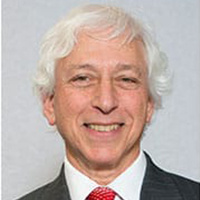Mc Afee DUI-DWI Lawyer, New Jersey
Sponsored Law Firm
-
 x
x

Click For More Info:
-
Cohen & Bernstein, L.L.C.
1360 Clifton Ave #309 Clifton, NJ 07012» view mapCriminal Defense We’re In this Together!
We work hand in hand with our clients to ensure all of your questions are answered and progress through your legal issue is seamless.
800-978-7341
Joel Bacher
✓ VERIFIEDCriminal, DUI-DWI, Misdemeanor, Traffic, Accident & Injury
The Law Office of Joel M. Bacher, is located in Wayne, New Jersey. For over 40 years, I have been providing legal counsel to individuals and small bus... (more)
Vanessa Leigh Henderson
Criminal, Landlord-Tenant, DUI-DWI
Status: In Good Standing Licensed: 12 Years
Elizabeth Vengen
Workers' Compensation, Family Law, DUI-DWI, Medical Malpractice
Status: In Good Standing
Joseph Theodore Afflitto
Real Estate, DUI-DWI, Criminal, Personal Injury
Status: In Good Standing Licensed: 32 Years
Franklin G. Soto
DUI-DWI, Criminal, Bankruptcy, Accident & Injury
Status: In Good Standing Licensed: 35 Years
 Lindsay Bernstein Clifton, NJ
Lindsay Bernstein Clifton, NJ Practice AreasExpertise
Practice AreasExpertise



